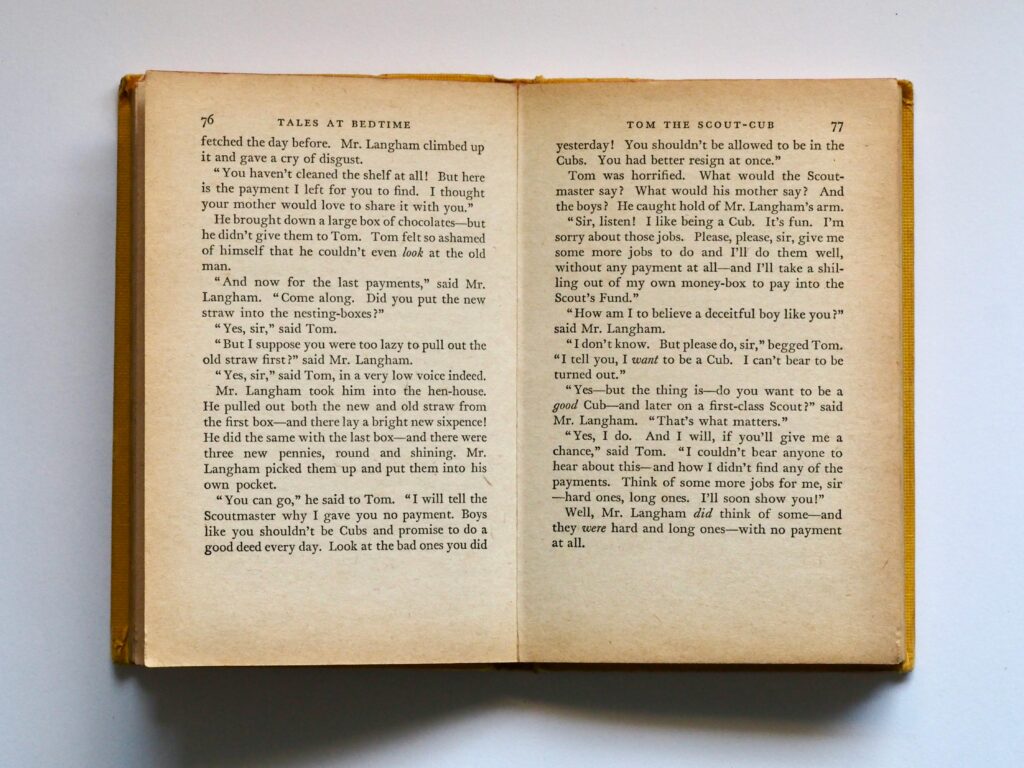Copyrighting your book is a crucial step in protecting your intellectual property. It’s not just about ensuring no one steals your work; it’s about securing your rights as a creator. Let’s dive into the process, understand why it matters, and explore the steps you need to take to copyright your book.

Understanding Copyright
What is Copyright?
Copyright is a legal term that grants the creator of original work exclusive rights to its use and distribution. These rights allow you to control how your book is used, reproduced, and distributed.
Benefits of Copyright Protection
By copyrighting your book, you secure legal protection against unauthorized use. This means you can take legal action if someone uses your work without permission. Additionally, having a registered copyright can deter potential infringers.
Eligibility for Copyright
What Can Be Copyrighted?
Any original work of authorship fixed in a tangible medium can be copyrighted. This includes novels, poems, plays, and non-fiction books.
Who Can Claim Copyright?
The author or creator of the work holds the copyright. If multiple people contribute, they share the rights.
Steps to Copyright Your Book
Step 1: Prepare Your Manuscript
Ensure your manuscript is complete and finalized. A draft or incomplete work can still be copyrighted, but it’s best to have the finished product.
Step 2: Choose the Correct Form
The U.S. Copyright Office provides different forms depending on the type of work. For books, you’ll typically use Form TX.
Step 3: Complete the Application
Fill out the application form accurately. Provide all necessary information about you, your work, and its creation.
Step 4: Pay the Filing Fee
A small fee is required to process your application. Fees vary depending on how you file (online or by mail).
Step 5: Submit Your Application
Send your completed application, fee, and a copy of your manuscript to the U.S. Copyright Office. You can submit it online for faster processing.

Different Types of Copyright Registration
Standard Registration
This is the most common form, covering most works. It’s straightforward and suitable for most authors.
Special Cases and Considerations
Some works, like serials or unpublished collections, may require special considerations or additional forms.
Digital Copyrighting
Online Copyright Registration
Registering online is faster and often cheaper. The U.S. Copyright Office’s eCO system allows you to file electronically.
Advantages of Digital Registration
Filing online is quicker, reduces errors, and allows for easier tracking of your application status.
Understanding the Public Domain
What is Public Domain?
Works in the public domain are free for use by anyone. This happens when the copyright expires or if the work was never eligible for copyright.
How Works Enter the Public Domain
Typically, works enter the public domain after a set period, which varies by country and type of work.
International Copyright
Berne Convention
The Berne Convention is an international agreement that protects works across its member countries. If your country is a member, your work is automatically protected in other member countries.
Other International Treaties
Several treaties provide additional protections and guidelines for international copyright issues.
Copyright Duration
How Long Does Copyright Last?
In most cases, copyright lasts for the life of the author plus 70 years. For works made for hire, it lasts 95 years from publication or 120 years from creation, whichever is shorter.
Renewal and Extension
Some copyrights can be renewed or extended. The rules vary, so it’s important to check current laws.
Enforcing Your Copyright
What to Do If Your Copyright is Infringed
If you believe someone has infringed on your copyright, you can take legal action. This can include sending a cease and desist letter or filing a lawsuit.
Legal Actions and Remedies
Remedies for infringement can include monetary damages, injunctions, and the destruction of infringing copies.

Common Copyright Myths
Myth 1: Copyright is Automatic
While your work is protected the moment it is created, registering your copyright provides additional legal benefits.
Myth 2: Poor Man’s Copyright
Sending a copy of your work to yourself does not provide legal protection. Only formal registration can do that.
Myth 3: Fair Use Confusions
Fair use is a complex legal doctrine that allows limited use of copyrighted material without permission. It’s not a free pass to use someone else’s work.
Tips for Protecting Your Work
Keeping Records
Keep detailed records of your work’s creation and any revisions. This can help prove ownership if needed.
Using Copyright Notices
Include a copyright notice on your work. This serves as a reminder to others that your work is protected.
Monitoring Your Work
Regularly check for unauthorized use of your work. The sooner you catch an infringement, the easier it is to address.
Copyrighting your book is a crucial step in protecting your creative work. By understanding the process and taking the necessary steps, you can ensure that your rights as an author are safeguarded. Remember, copyright protection not only secures your work but also empowers you to share it with the world confidently.
Additional Resources
FAQs
- How Much Does It Cost to Copyright a Book?
- The cost varies, but online registration is typically around $35-$55.
- How Long Does It Take to Get a Copyright?
- Processing times can vary. Online registrations are generally faster, taking about 3-5 months.
- Can I Copyright My Book Myself?
- Yes, you can file your copyright application yourself without needing a lawyer.
- What Happens if I Don’t Copyright My Book?
- Without copyright registration, you lose some legal protections and remedies available if your work is infringed.
- Can I Copyright a Book Idea?
- No, ideas alone cannot be copyrighted. Only the specific expression of those ideas can be protected.

Leave a Reply